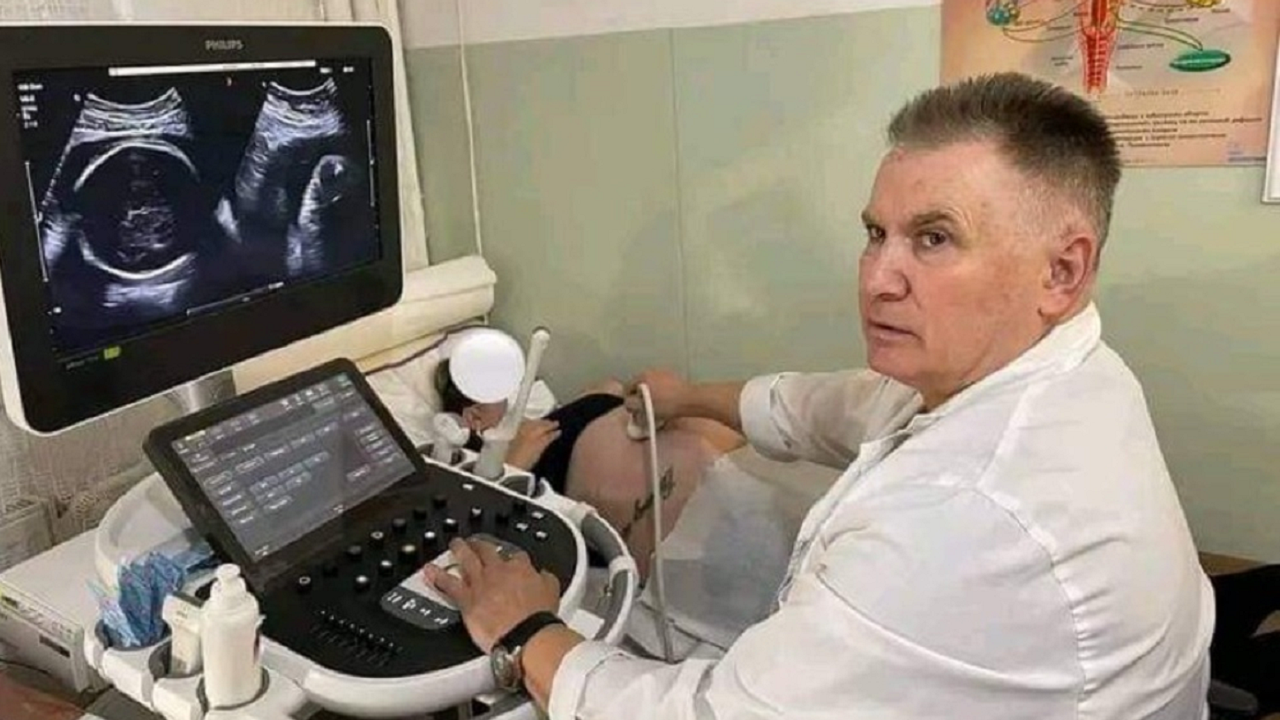Half of the women in Bulgaria give birth to their first child around the age of 30, and some even later, obstetrician-gynecologist Dr. Kalin Popovski, acting head of the Obstetrics and Gynecology Clinic of UMBAL "D- p. Georgi Stranski" in Pleven. According to him, the most suitable age for a first birth is between 23 and 27 years, since physiologically and anatomically then a woman is in her best years for the purpose.
Dr. Popovski singled out two enduring trends.
According to one, the first birth comes later and later.
"Very often it is around the age of 30 for a woman, which is not good for her anatomy, physiology and biological development.
This is because a woman has about 400 ovulations between the ages of 15 and 45.
"Usually only in the second half of this period does the Bulgarian woman decide to give birth," said the doctor.
According to him, this is an American trend that has existed in the USA for 15-20 years, and this phenomenon is being imposed in Bulgaria as well as in Western Europe.
The other enduring trend is seen among minority women.
"They give birth to their first child en masse at the age of 14-15 and earlier.
It even happened to a 17-year-old girl that we did a third caesarean section.
Thus, within 2-3 years, they perform their reproductive function for their entire life," added Dr. Popovski.
The specialist also pointed out that most families in Bulgaria have one or two children, three or more is very rare.
Even minority women now give birth to 3 to 5 children, not six or more as in the past.
The age difference between the children in the family is increasing
The age difference between the children in the family is increasing, the gynecologist stated.
"Our generation, which is around 50 years old, we have brothers and sisters 1-2 years apart.
Now she is very old - a woman gives birth to her first child at the age of 23-25, the second at the age of 35, and sometimes even more," added the specialist with 32 years of experience in the profession.
In later pregnancy, a cesarean section is often required
According to him, after the age of 35, a caesarean section is often necessary, because the woman is not in the physical condition she was in at 25. Reproductive problems arise that need to be solved in the operating room.
C-section is a method that spares the fetus more, but is more traumatic for the mother.
"When I started the specialization 32 years ago, in Pleven we had 3,200 births a year.
Back then, the percentage of cesarean deliveries was 10-12 percent.
Now with us it is about 34 percent.
At the University Obstetrics and Gynecology Hospital "Mother's House" in Sofia, it is about 50 percent, because they still accumulate pathology from all over the country, of which more than 80 percent are resolved by cesarean section, and the reasons are different," said Dr. Kalin Popovski.
According to him, the percentage is higher in private hospitals, because there they do not consider whether there are indications or not, but it is done at the patient's request.
However, this has not yet been introduced into the Bulgarian legislation.
The patient still does not have the right to request a caesarean section without medical indications for it.
The risks of congenital diseases of the fetus increase in women who give birth at an older age
Risks for women giving birth at an older age are also from various accompanying diseases that can occur during pregnancy.
The risk of congenital diseases of the fetus also increases.
"These are trisomy 13, 18, 21, which are included in the biochemical screening, because they give us a guideline as to whether to do a subsequent amniocentesis or not.
This is an invasive test in which amniotic fluid is taken, which is withdrawn with slightly dangerous manipulation from the uterus itself.
The aim is to find out if the fetus has any of these diseases.
If there is, the patient can decide whether to keep the baby or request a termination of pregnancy," explained the specialist.
Therefore, women's counseling should be more intensive.
After 30, getting pregnant is more difficult
And getting pregnant is more difficult after 30 years, because there can be inflammatory chronic diseases in the small pelvis that disrupt the patency of the tubes, the ovarian function is not so precise and rhythmic, the dominant follicles are sometimes absent in a certain cycle.
"There are quite a few problems after the age of 30 and with getting pregnant itself, in addition to the wear of the fetus, which almost always leads to a caesarean section," added Dr. Popovski.
Prevention is also very important after childbirth
He is adamant that prevention is very important, because there are diseases of the female reproductive system that are caught during examinations very early, when the woman has no pain and bleeding.
Then gentle minor operations can be performed and severe surgical interventions that are life-threatening or end-stage cancer can be avoided.
In his practice, the doctor encountered cases where the woman had not visited an obstetrician-gynecological office for more than 10 years.
According to Dr. Popovski, there should be a financial penalty for those who do not go for preventive examinations.
According to his observation, women who are about to give birth pay more attention to their reproductive health.
They are more careful and precise.
The obstetrician-gynecologist advises expectant mothers to give birth to their first child between the ages of 23 and 27, not to ask for a C-section if there are no medical indications for it.
He calls on women up to the age of 50 at least to be examined once or even twice a year in an obstetrician-gynecological office.
